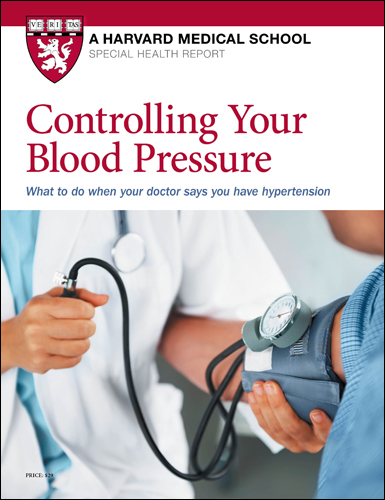Magnesium and blood pressure: What's the evidence?
Research we're watching
In January 2022, the FDA announced that companies can make certain health claims regarding the consumption of magnesium and a reduced risk of high blood pressure. However, food companies and dietary supplement makers who want to include such claims on their packaging must add some caveats. Specifically, the wording has to make it clear that the evidence to support the claim is "inconclusive and not consistent," according to the agency.
If you have high blood pressure, you're better off getting your magnesium from foods that are naturally rich in this important mineral rather than taking pills or eating foods with added magnesium. Good sources of magnesium include unsalted almonds, peanuts, spinach, and black beans. These foods have the added benefit of containing other nutrients (especially fiber) that may lower blood pressure and are also naturally low in sodium. Too much dietary sodium — which can raise blood pressure — has a far greater effect on blood pressure than potentially inadequate levels of magnesium.
Image: HEMARAT/Getty Images
About the Author

Julie Corliss, Executive Editor, Harvard Heart Letter
Disclaimer:
As a service to our readers, Harvard Health Publishing provides access to our library of archived content. Please note the date of last review or update on all articles.
No content on this site, regardless of date, should ever be used as a substitute for direct medical advice from your doctor or other qualified clinician.

















